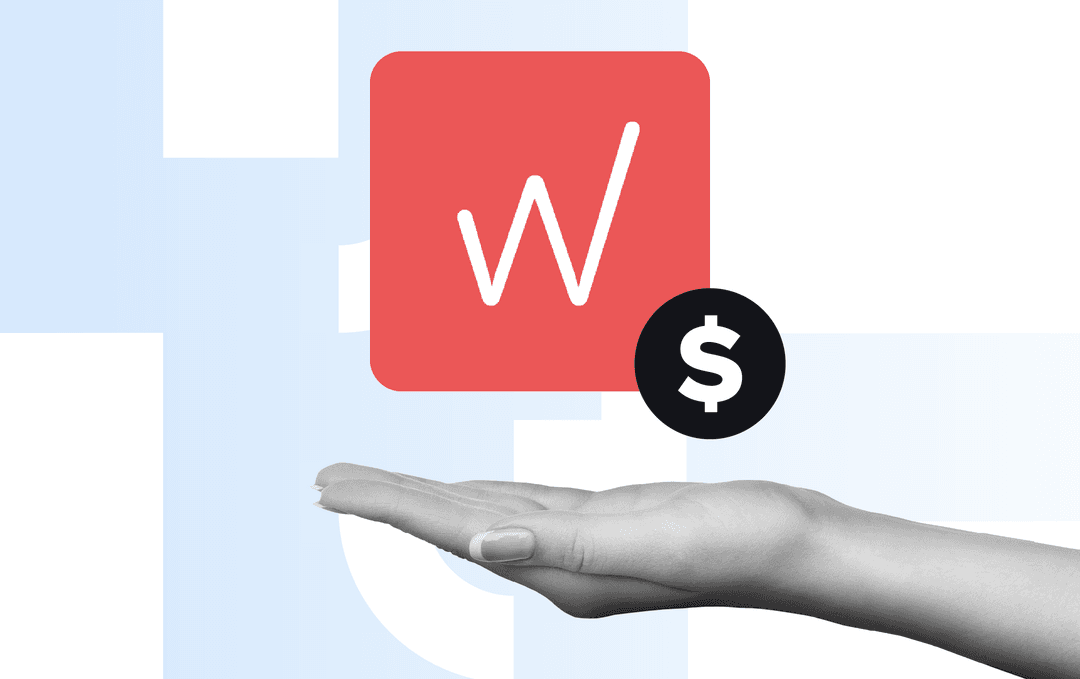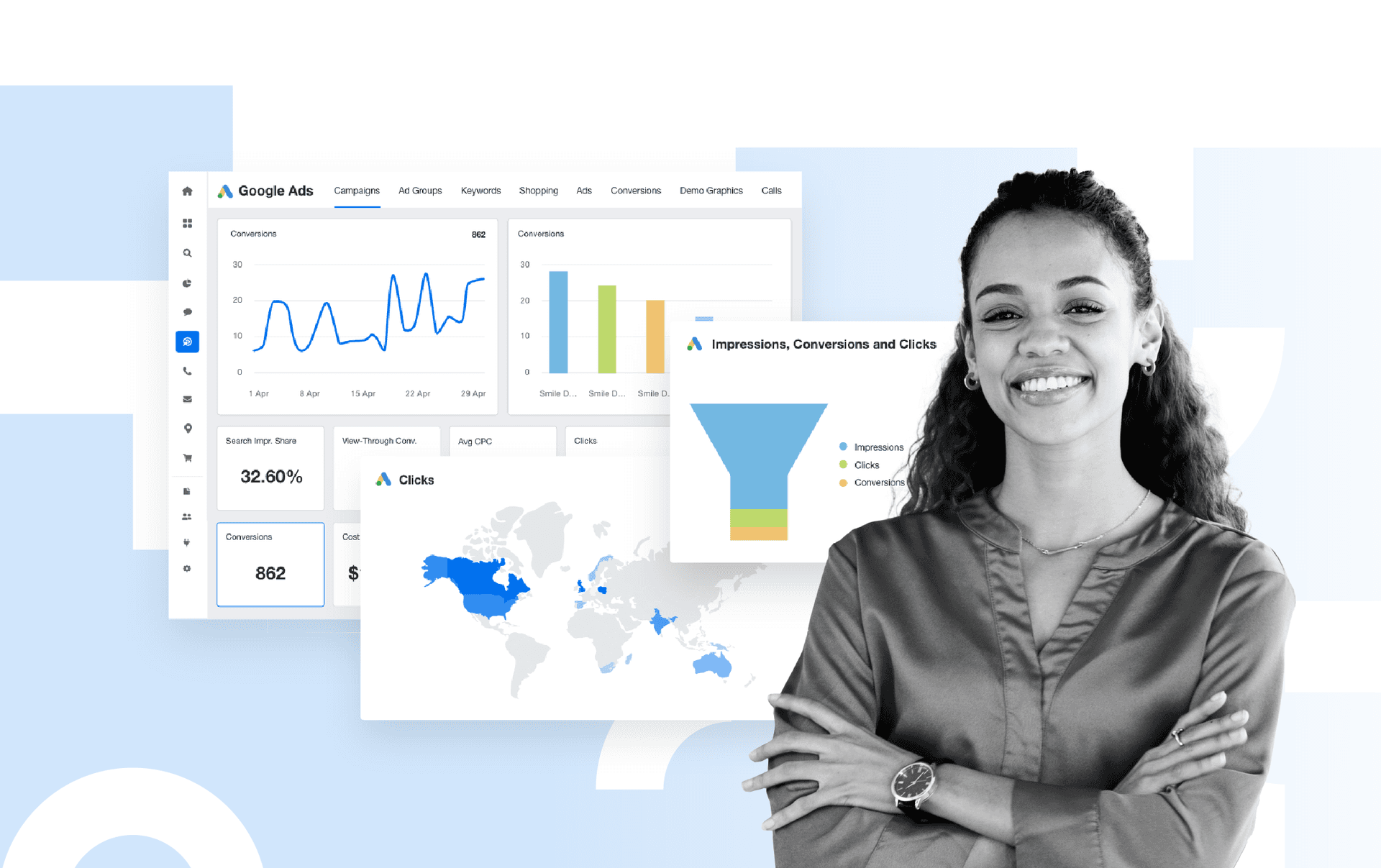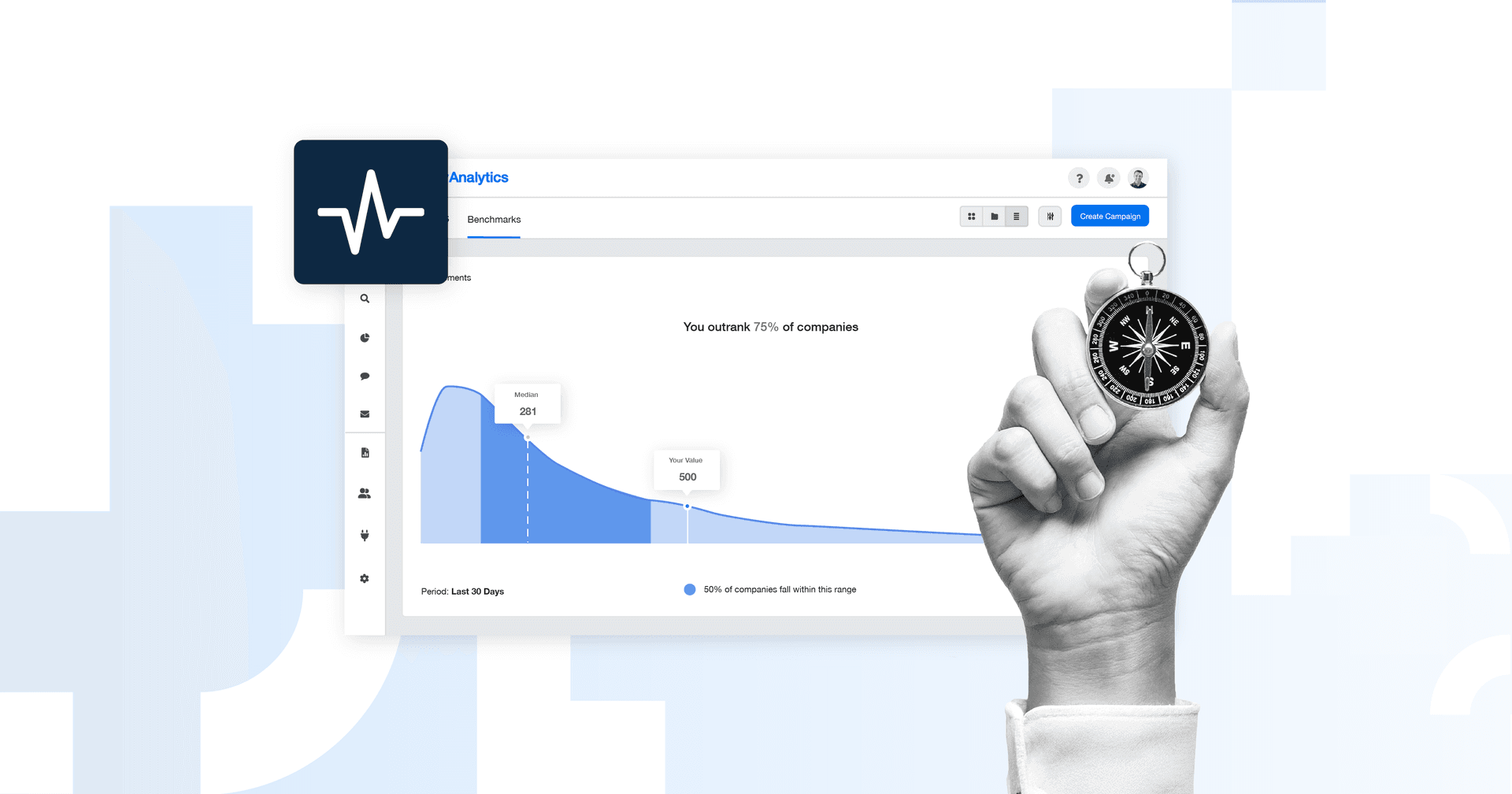Table of Contents
QUICK SUMMARY:
Trying to figure out Whatagraph pricing? You won’t find it on their site—but we’ve got the details. This article breaks down Whatagraph’s hidden pricing structure, what each plan includes, and where the limitations start to hurt agency teams.
If you’re trying to figure out how much Whatagraph costs, you might have hit a dead end. That's because Whatagraph pricing is not listed publicly, and requires reaching out for a custom quote.
Some third-party pricing information is available, and this article breaks down Whatagraph's pricing plans, features, and who each plan is best suited to. Plus, we've covered some top competitors to help you evaluate Whatagraph against your other options.
Let's dive in!
What Is Whatagraph?
Whatagraph is a marketing reporting tool that pulls data from multiple sources into one platform, helping marketers visualize and share performance metrics across channels. It’s built to simplify marketing campaign reporting by connecting platforms like Google Analytics, Facebook Ads, LinkedIn, and others.
The platform has about 55 native integrations, and a custom API is available to connect other data sources. Marketers build dashboards and reports with user-friendly drag-and-drop widgets, branded templates, and automation features that aim to save time and streamline reporting workflows.
Whatagraph is used by both in-house marketing teams and marketing agencies, but agencies may find its flexibility limited compared to digital marketing reporting software that's purpose-built for high-volume client work.
For smaller teams focused on visual storytelling or combining a few key data sources, it offers an accessible way to blend data and present campaign performance and marketing analytics in a polished format.
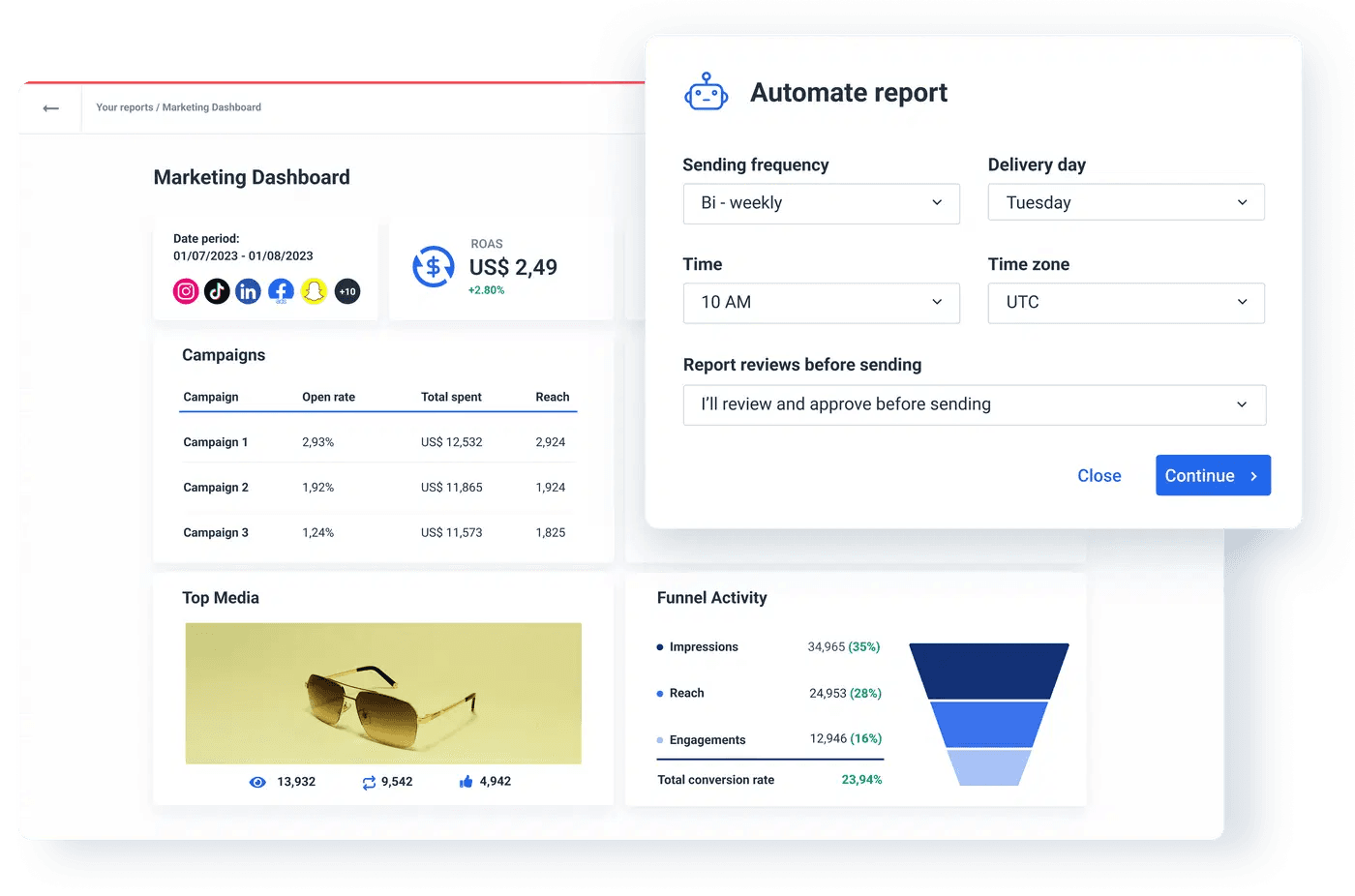
Whatagraph Pricing Plans Overview
Whatagraph does not list its pricing publicly, and prospective users have to reach out to the company for a custom quote. Based on third-party information, Whatagraph offers three plan tiers: Professional, Premium, and Custom Enterprise. You can check out a more ecompassing Whatagraph review here.
The base cost of the software increases with each plan tier, and each plan tier allows for a higher number of users. Each higher plan also gives users a higher number of source credits, allowing users to set up more integrations to pull from more data sources.
Whatagraph's lack of transparency and clarity on its pricing model has been mentioned in user reviews, with one person sharing:
I found its pricing structure to be somewhat complex, especially for larger teams or agencies. More transparent and flexible pricing options would enhance the overall user experience.
Roberto G., ITI Project manager
Let's break down what each plan includes and their target user groups:
Professional Plan
Whatagraph’s Professional plan allows for 25 data sources and up to 5 users, and is estimated to cost around $199 per month, billed annually. The company offers a 30 minute kickoff call with this plan to help get users up and running.
This plan is well suited to small marketing teams who want to bring together data from various marketing platforms. Its data collection abilities help get marketers out of clunky excel spreadsheets, and its pre-configured templates make it quick and easy to pull together a professional-looking report with visually appealing charts and graphs.
Agencies may hit a wall with the Professional plan, either because of the limited integrations or the user cap. If you're working with even a handful of clients that are in different industries or have different goals, 25 data sources might not cut it. Meanwhile, the 5-user maximum makes the plan inaccessible unless you're a boutique agency.
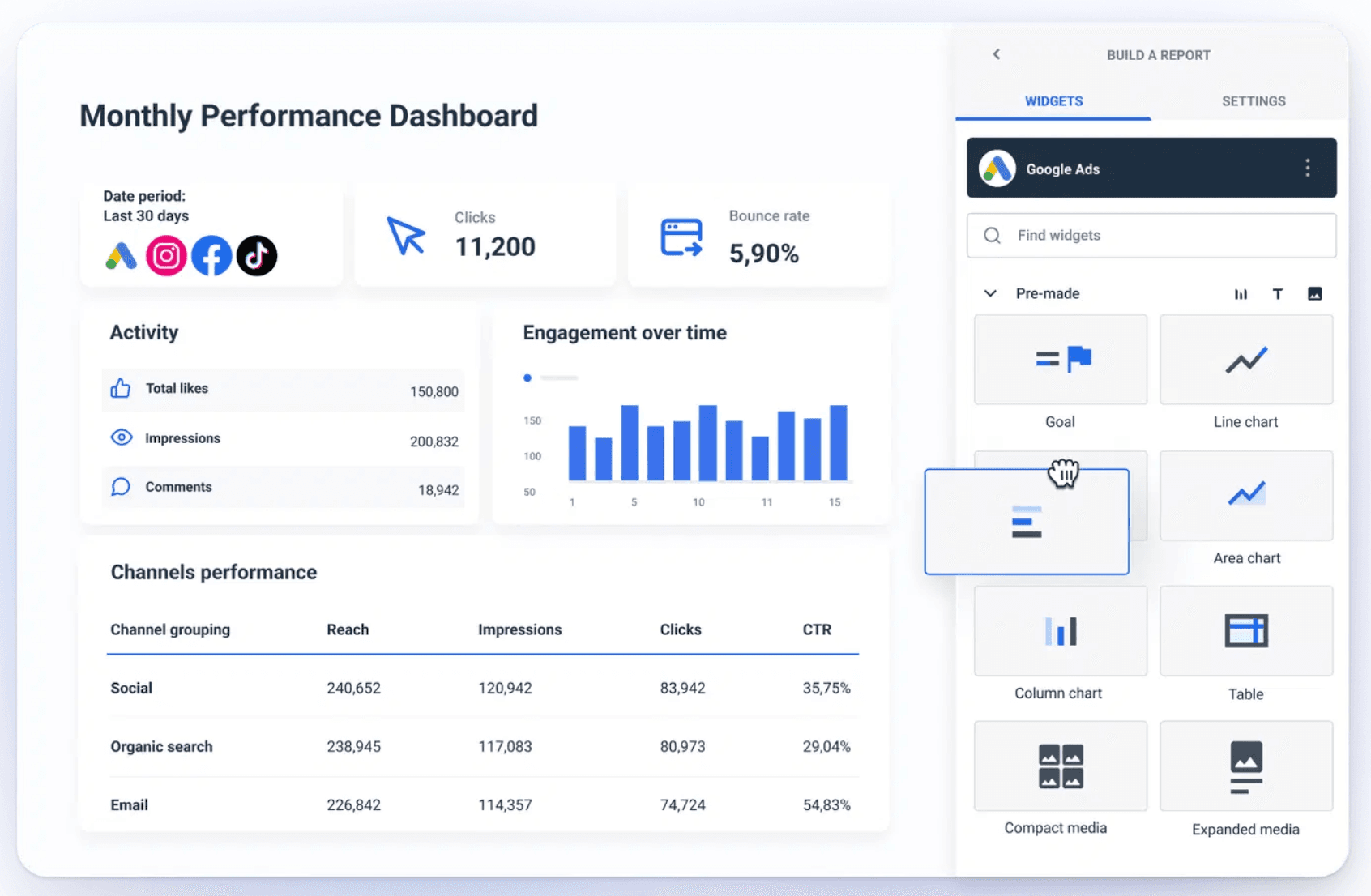
Premium Plan
Whatagraph's Premium plan offers 50 data sources and up to 10 users, and costs about $299 per month. Teams get a 1-hour onboarding session to get started.
For slightly bigger teams or small agencies, this plan offers a solid platform to run marketing analytics. With 50 credits, marketers are able to connect their full tech stack, making it easy to understand their marketing efforts across channels and campaigns.
This plan is also suitable for small, specialized agencies who want to run client reporting efficiently and consistently, using repeated reporting structures that don't require too much customization. That said, once you're dealing with more clients, more marketing channels, or more users, you're likely to hit some limitations.
Custom Enterprise Plan
Whatagraph's Custom Enterprise plan comes with unlimited integrations and users, and a white-glove onboarding and support experience. The cost of this plan is custom and quote-based, accounting for your business needs.
Businesses that are dealing with custom data warehouses, security protocols, or need bespoke connectors via API will benefit the most from this plan. A dedicated success manager assists with data transfer from an existing setup (whether that's another reporting tool or messy Google Sheets), and provides ongoing support with marketing analytics.
While this plan is well-suited to lots of use cases, the platform itself is still built as a reporting tool for any type of marketing team—which means it's not customized to the specific needs of agencies.
Those splurging for an enterprise-grade plan might consider checking out a Whatagraph alternative with a focus on agencies, and pricing tiers that align with agency growth—like AgencyAnalytics.
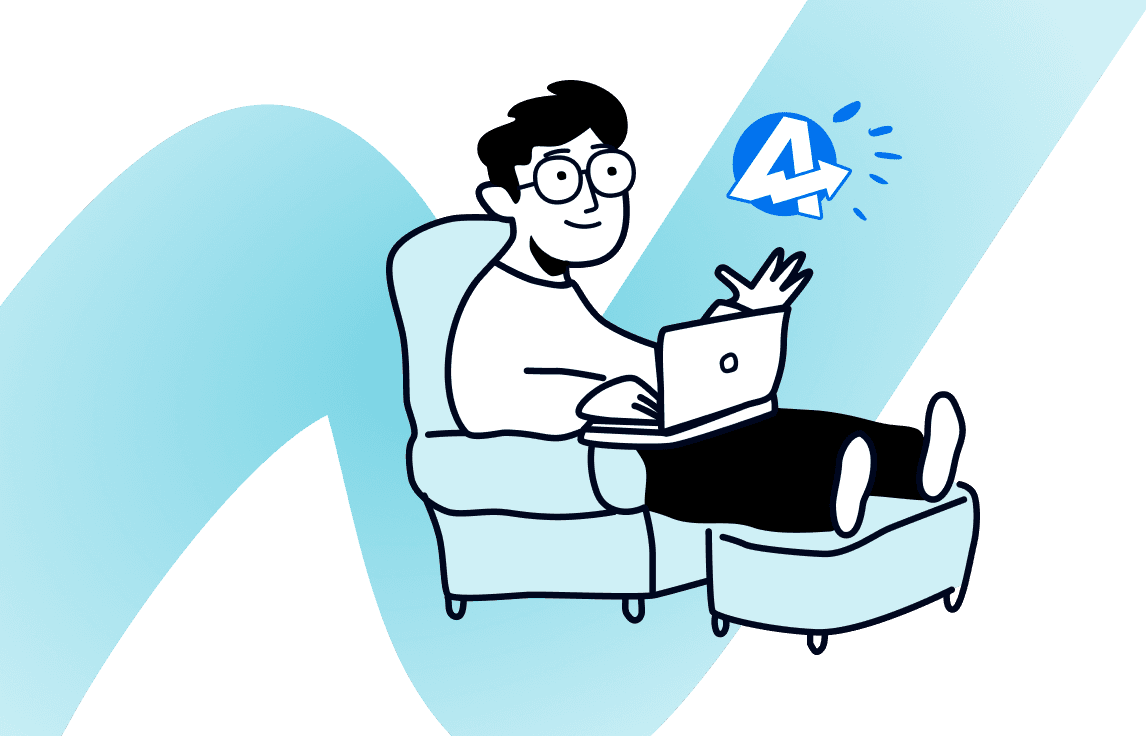
Concerns of Limited Functionality
While Whatagraph delivers clean, visual reports that many teams appreciate, its functionality doesn’t always keep pace with agency needs. If you're working across multiple clients, campaigns, and platforms, there are some features that it simply doesn't offer that would make a big difference in the value it provides.
Here are some of the most common limitations found in Whatagraph user reviews:
Unstable Connectors: One user shared that "the connectors for the different marketing platforms get disconnected. This becomes a pain to keep relinking." Another user said that "[e]ven if the source is connected, there is no guarantee that it will not be disconnected for no reason."
No Anomaly Detection or Proactive Alerts: Unlike other tools, Whatagraph lacks features to automatically surface outlier results or unexpected drops in campaign performance. This forces users to manually check all the data and derive their own insights, which reduces your ability to be proactive in spotting (and addressing) performance issues.
Limited Automation and Workflow Efficiency: While report scheduling is available, there's no bulk editing or cross-report linking unless you're on custom plans. For agencies managing dozens of clients, that adds time-consuming manual work and restricts growth.
Insufficient Customization Options: Creating custom metrics often requires workarounds with Whatagraph, and custom reports are challenging. One user shared in a review that "there are moments when I wish the customization options for visualizing data were a bit more flexible."
Missing SEO and Rank Tracking Capabilities: There’s no built-in keyword tracking or long-term SEO visibility across campaigns in Whatagraph. This is something many agency users expect from a premium reporting tool, and limits your ability for effective SEO reporting.
These areas where the product falls short have led to frustration with some users, and made people feel that they weren't getting the value they'd hoped for at such a high price point. For example, one user review says:
[T]his providers service is not only slow, unreliable and hugely overpriced [...] It makes me struggle to understand their position or value in today's fierce marketplace.
Whatagraph vs. Competitors: Value & Features
When you're choosing tools for your digital marketing agency, it's important to consider your options. Between feature sets, customer support options, scalability, and customization, there's a lot behind a price tag. To help you make sense of it, we've put together this table to break down how Whatagraph measures up against AgencyAnalytics and other competitors on the market:
Criteria | Whatagraph | AgencyAnalytics | Other Alternatives |
|---|---|---|---|
Pricing | Starts at $199/month (billed annually) | Starts at $59/month (billed monthly) | Looker Studio (formerly Google Data Studio): Free Klipfolio: From $49/month |
Pricing Model | Tiered by users and source credits | AgencyAnalytics pricing is tiered by client count (see subscription and billing FAQs for more details) | Klipfolio is user-based |
Integrations | 55+ integrations; some connection issues reported | 80+ integrations; stable, reliable | Looker Studio needs connectors; Klipfolio supports APIs |
Custom Metrics | Basic support; limited blending control | Full support across plans (custom KPIs, anomaly alerts) | Klipfolio supports deep custom metrics |
Automation | Basic scheduling; templates are manual | Fully automated, scalable templates | DashThis offers basic; Looker Studio lacks automation |
Client Portals | Branded portals with limited access control | Role-based access, client permissions, and white label options | Limited or absent (varies by tool) |
Ease of Use | Drag-and-drop builder; UI glitches noted | Designed for agency workflows; strong reviews for usability | Looker Studio is technical; DashThis is beginner-friendly |
Best Fit For | In-house teams with light reporting needs | Agencies managing 5–100+ clients | BI teams (Looker), freelancers (DashThis), technical teams with data engineering support (Klipfolio) |
Is Whatagraph Worth It for Agencies?
Whatagraph makes it easy and fast to create reports that communicate marketing insights with clear visuals. However, Whatagraph pricing tiers restrict access to what agencies actually need: more data sources, true customization, proactive alerts, and deeper insights.
By contrast, AgencyAnalytics is purpose-built for marketing agencies. Our pricing tiers are based on client count, not user count, and you'll get access to all 80+ integrations at every level. Plus, features like anomaly detection, AI-powered insights, and customized client dashboards help you focus on the work instead of fighting with a template—and better communicate your agency's value through client reporting.
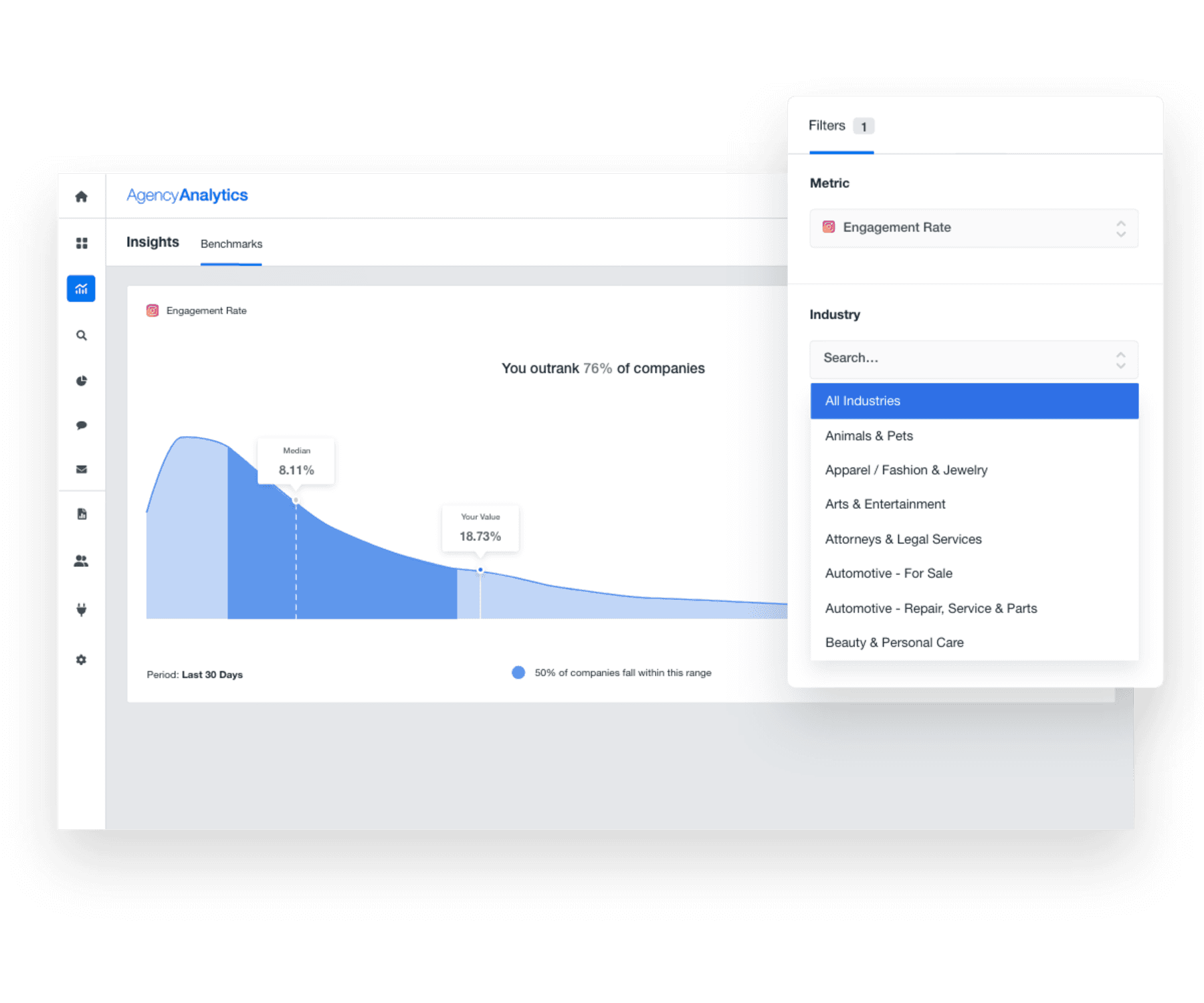
Looking for a Whatagraph alternative? AgencyAnalytics goes beyond reporting to offer insights features that enhance client outcomes. Check out our proprietary industry benchmarks, sourced from more than 230,000 reports. Try it free for 14 days!
What Marketing Agencies Need vs. What Whatagraph Offers
Here's a breakdown of some of the key features and capabilities that agencies need in a reporting tool—and how Whatagraph stacks up against AgencyAnalytics on each one:
Agency Need | Whatagraph | AgencyAnalytics |
|---|---|---|
Custom branding & white labeling | Only partially available on Premium or Custom plans | Full white labeling and custom domains included all plans |
Bulk editing & report automation | Limited automation; edits often manual | Bulk operations and ability to automate updates |
Stable connections with marketing platforms | Frequently reported sync issues and disconnects | 80+ reliable native integrations, built for long-term use |
Custom metrics | Available, but configuration is finicky | Powerful KPI builder |
Proactive recommendations | Users need to interpret data themselves | AI-powered insights and anomaly detection to support client growth strategies |
Client portal access & permissions | Available, but access control is basic | Role-based access, client logins, branded dashboards |
Support and onboarding | CSM included on some plans; live chat not 24/7 | Dedicated onboarding and high-touch support starting on base plan |
Pricing structure | Billed by source credits; custom and unclear | Transparent per-client pricing with predictable monthly costs |
We were using Whatagraph for monthly reporting and it was fine, but things tend to change pretty rapidly with them. Metrics drop in and out. Things are always moving and we got to the point where we weren’t 100 percent happy with it.
A user who switched from Whatagraph to AgencyAnalytics
Final Thoughts
Whatagraph has its place. For in-house teams or boutique marketing agencies creating a handful of polished reports each month, it delivers good visual output with an accessible user interface. But when you hit a growth spurt, the lack of key features like stable integrations, deep customization, and automation at scale will hold you back.
If you’re reporting across dozens of clients and marketing channels, you’ll need more than a pretty dashboard. You’ll need a tool that’s reliable, and built for agencies from the ground up. That’s where AgencyAnalytics stands out—and why many teams eventually make the switch.

Written by
Kyra Evans is the Manager of Content Marketing at AgencyAnalytics. She has over 15 years of experience writing content for SaaS, tech, and finance brands. Her work has been featured by HuffPost and CBC, and she serves an engaged social media readership of over 30,000 community members.
Read more posts by Kyra EvansSee how 7,000+ marketing agencies help clients win
Free 14-day trial. No credit card required.



